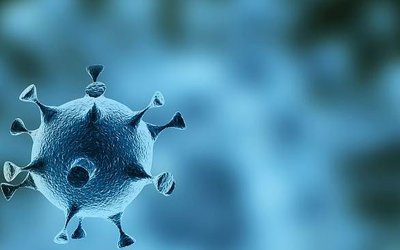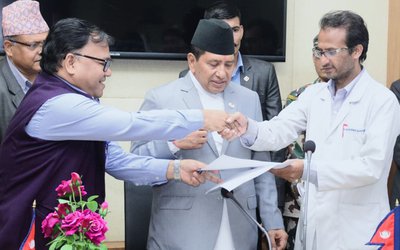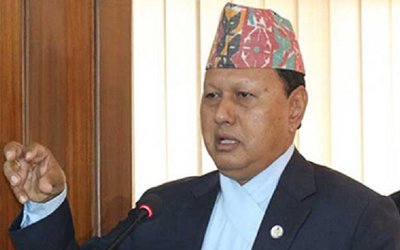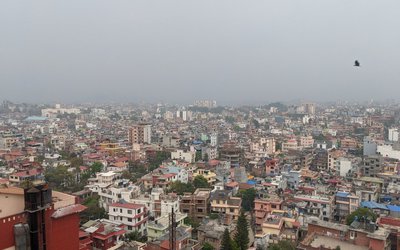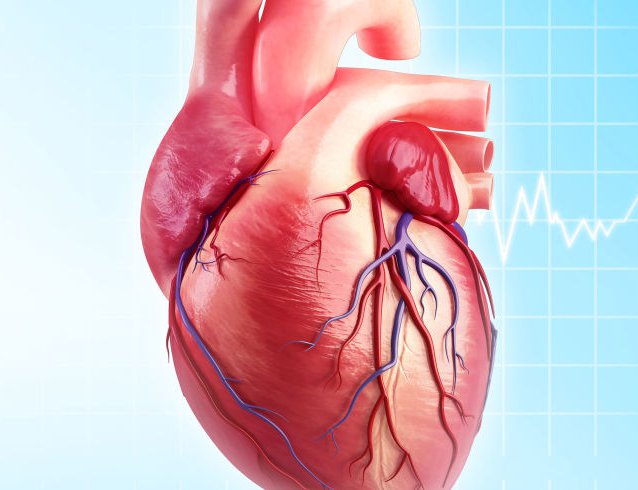
After the death of legendary Bollywood actor Shree Devi last night cardiac heart arrest, there are curiosity among the people about what is it. This tells briefly about cardiac arrest.
What is cardiac arrest?
Cardiac arrest is the abrupt loss of heart function in a person who may or may not have diagnosed heart disease. The time and mode of death are unexpected. It occurs instantly or shortly after symptoms appear.
Each year, more than 350,000 emergency medical services-assessed out-of-hospital cardiac arrests occur in the United States.
Is a heart attack the same as cardiac arrest?
No. The term "heart attack" is often mistakenly used to describe cardiac arrest. While a heart attack may cause cardiac arrest and sudden death, the terms don't mean the same thing. Heart attacks are caused by a blockage that stops blood flow to the heart. A heart attack (or myocardial infarction) refers to death of heart muscle tissue due to the loss of blood supply, not necessarily resulting in the death of the heart attack victim.
Cardiac arrest is caused when the heart's electrical system malfunctions. In cardiac arrest death results when the heart suddenly stops working properly. This may be caused by abnormal, or irregular, heart rhythms (called arrhythmias).
A common arrhythmia in cardiac arrest is ventricular fibrillation. This is when the heart's lower chambers suddenly start beating chaotically and don't pump blood. Death occurs within minutes after the heart stops. Cardiac arrest may be reversed if CPR (cardiopulmonary resuscitation) is performed and a defibrillator is used to shock the heart and restore a normal heart rhythm within a few minutes.
Understand Your Risk for Cardiac Arrest
Doctor Talking To PatientCardiac arrest may be caused by almost any known heart condition. Most cardiac arrests occur when the diseased heart's electrical system malfunctions, producing an abnormal rhythm such as ventricular tachycardia or ventricular fibrillation. Some cardiac arrests are caused by extreme slowing of the heart's rhythm.
All of these events are called life-threatening arrhythmias.
List of other causes of cardiac arrest:
Scarring from a prior heart attack or other causes: A heart that's scarred or enlarged from any cause is prone to develop life-threatening ventricular arrhythmias. The first six months after a heart attack is a particularly high-risk period for sudden cardiac arrest in patients with atherosclerotic heart disease.
A thickened heart muscle (cardiomyopathy) from any cause (typically high blood pressure or valvular heart disease) — especially if you also have heart failure — can make you more prone to sudden cardiac arrest.
Heart medications: Under certain conditions, various heart medications can set the stage for arrhythmias that cause sudden cardiac arrest. Paradoxically, antiarrhythmic drugs used to treat arrhythmias can sometimes produce lethal ventricular arrhythmias even at normally prescribed doses. This is called a "proarrhythmic" effect. Regardless of whether there's organic heart disease, significant changes in blood levels of potassium and magnesium (from using diuretics, for example) also can cause life-threatening arrhythmias and cardiac arrest.
Electrical abnormalities: Certain electrical abnormalities such as Wolff-Parkinson-White syndrome and Long QT syndrome may cause sudden cardiac arrest in children and young people.
Blood vessel abnormalities: Less often, inborn blood vessel abnormalities, particularly in the coronary arteries and aorta, may be present in young sudden death victims. Adrenaline released during intense physical or athletic activity often acts as a trigger for sudden cardiac arrest when these abnormalities are present.
Recreational drug use: In people without organic heart disease, recreational drug use is a cause of sudden cardiac arrest.
American Heart Association
- Weather Forecast: Partly Cloudy In Bagmati And Koshi Province
- Apr 27, 2024
- Three-Day Global Science-Policy Forum: Socially Inclusive Solar Irrigation Systems Concluded
- Apr 26, 2024
- Nepal And China Ink Two Agreements , PM Prachanda Meets Chinese Delegation
- Apr 26, 2024
- Nepal Army Held National Cyber Security Symposium
- Apr 26, 2024
- Nepal’s Investment Landscape Revitalize By Nine Ordinances: FNCCI President Dhakal
- Apr 26, 2024

